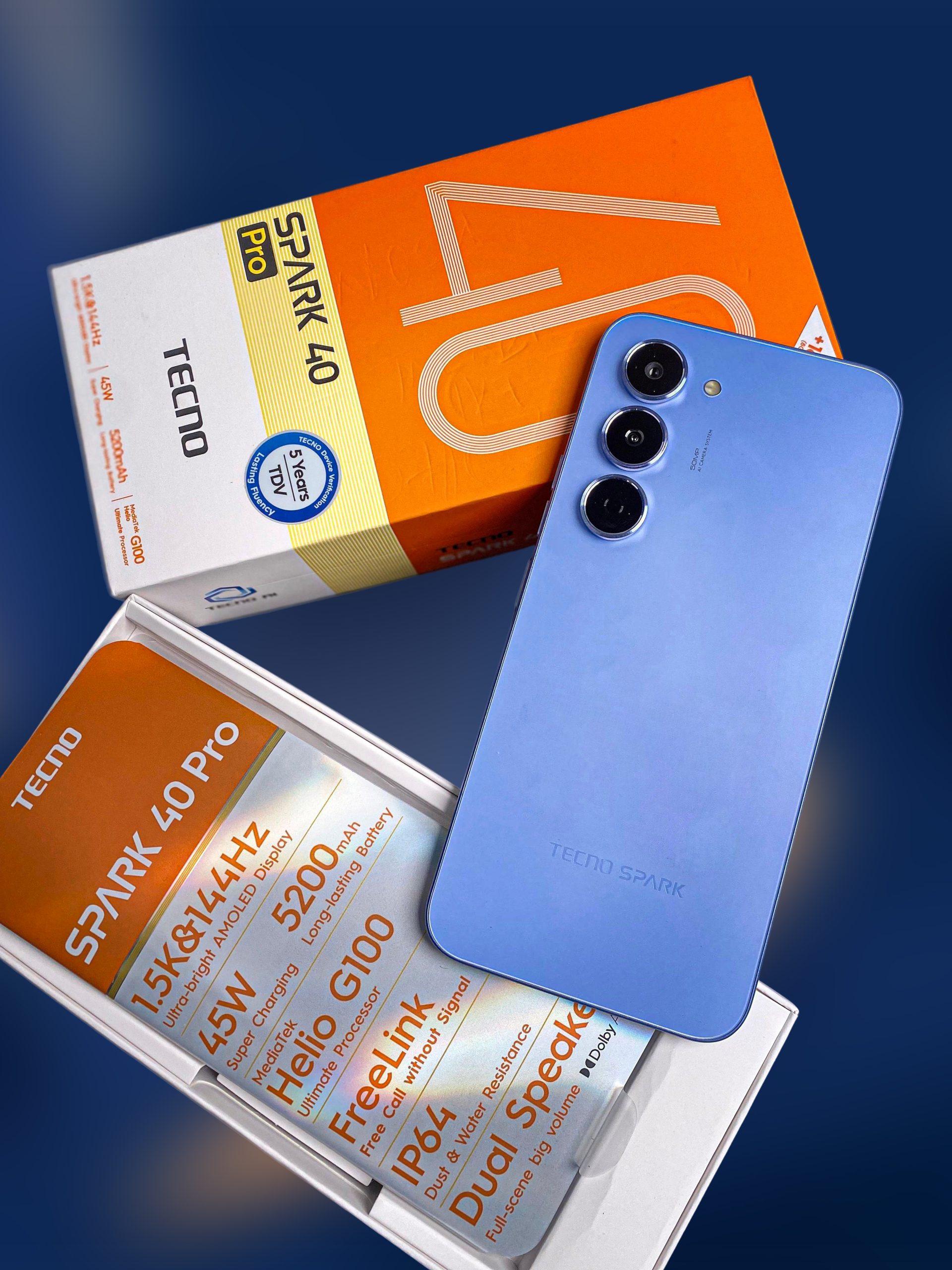
ISPON seeks legislation to compel MDAs use of indigenous software
Importation of various Information and Communications Technology (ICT) products and services is said to be costing Nigeria on a yearly basis $2.8 billion. This was disclosed at the weekend in Lagos, by the Director-General of the National Information Technology Development Agency (NITDA), Dr. Isa Ali Ibrahim, at the Institute of Software Practitioners of Nigeria (ISPON) 2017 President’s Dinner.
ICT goods imports include telecommunications, audio and video, computer and related equipment; electronic components and others. This importation also includes software. Ibrahim revealed that out of the $2.8 billion, almost $1 billion, or about four per cent of the proposed 2017 budget will be spent on software importation, an action, which is inimical to local content growth in the country.
The NITDA DG told guests that the regulatory authority was keen to ensure the Nigerian local content policy was promoted and enforced. “We are committed to the local content policy for the development of our emerging ICT sector and for the reduction of capital flight.
“We are committed to reverse this trend of uncontrolled inflow of foreign software to the detriment or our own local software. We seek to identify, strengthen and promote our indigenous software as an alternative to the foreign software that currently dominated our ICT sector. After all, facts and figures at our disposal suggest that the local software alternatives are performing well at a much cost.”
Ibrahim, represented by the former Acting DG and Director, Corporate Strategy and Research, Dr. Vincent Olatunji, said the success of an indigenous solution such as the Treasury Single Account (TSA), policy of the Federal Government was a case in point.
“TSA has assisted government in eliminating ghost workers thereby saving government billions of naira on monthly basis. NITDA is therefore eager to support the local software industry to have many more indigenous success stories. We will therefore be glad to partner with ISPON to develop a robust database of certified software practitioners as well as a repository containing a list of the the products of your members with detailed description of your expertise and available solutions that can address the peculiarities of our country and by extension, Africa.
“In addition, this will enable us to properly liaise with the National Office for Technology Acquisition and Promotion (NOTAP), to ensure that approvals are only given for the importation of software for which there are no viable indigenous alternatives.”
To meet international best practice, the NITDA DG noted that as a way of promoting local solutions, the regulatory agency would provide needed support to ensure that these products meet all the necessary standards and best practices for quality.
“Much as we are eager to promote indigenous products, we are careful not to do so at the expense of the minimum global standards. Thus, our office for Nigerian Content, ONC, is actively exploring support mechanisms for the local solutions for both the Nigerian and foreign markets,” he noted.
In his welcome address, the ISPON President, James Emadoye, who said the time is ripe for the country to embrace Software-Nigeria to change the tides and repackage the industry, also called for a legislation to ensure that all MDAs’ use locally produce software for all their computerisation efforts.
According to him, when people buy application software from another country, “you are providing jobs for the people in that country and denying jobs for Nigerian youths especially those studying Computer Science in Nigeria. Whenever you travel to China to import match sticks, soap, toothbrushes and all the numerous China products on the street and markets in Nigeria, you are killing Nigeria.”
Emadoye said there was need for a change in the peoples’ attitude and values, with particular reference to software, “we must be committed to buy Nigeria, apply Nigerian content and consume Nigeria content. Software happens to be one critical field of endeavours, which can provide some comfort and solace to a large population of youths of a nation such as ours.”
In his goodwill message, the former Deputy Governor, Delta State, Prof. Amos Utuama, said software technology is the driving force of most human endeavour. Utuama said coding or programming is an essential element of software engineering that has become a 21st century skill required in today’s workforce and emerging knowledge. “It is evident and stimulating way of introducing our youths to our connected world on how to understand and harness data, information and knowledge for their social-economic growth and inclusion.”






